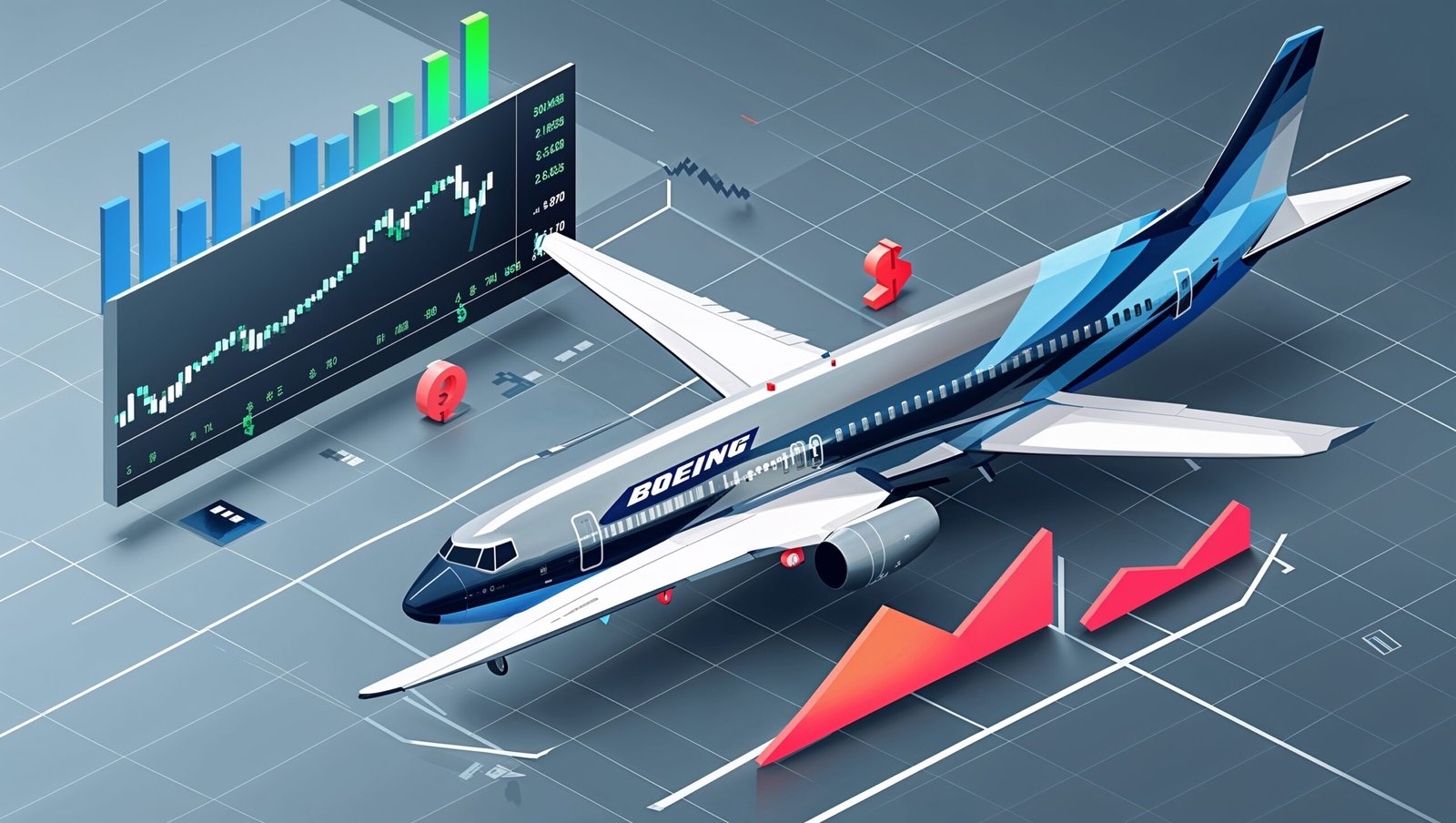In recent news, there has been a significant development in the logistics sector as DHL has announced a suspension of specific shipment services. This change has created ripples across various industries that depend heavily on timely deliveries and efficient logistics solutions. Understanding the nuances of this suspension can provide valuable insights into its broader implications on commerce and day-to-day operations.
DHL: A Global Logistics Giant
DHL, a division of the German logistics company Deutsche Post, is well-known for offering international express mail services. Its extensive network spans across continents, ensuring goods and packages are delivered efficiently and reliably. Within the logistics sphere, DHL is synonymous with speed and reliability, making its services crucial for businesses worldwide.
Reasons Behind the Suspension
While specific details about the reason for this suspension might vary, several underlying factors often influence such decisions in the logistics industry:
- Global Supply Chain Issues: The pandemic has significantly disrupted global supply chains, causing delays and logistical challenges for companies like DHL.
- Resource Constraints: Limitations in manpower and transportation resources can lead to temporary halts in services as companies reassess their capacity to meet demands.
- Regulatory Changes: Shifts in international trade regulations can suddenly impact logistics operations, necessitating pauses or adjustments in service offerings.
Impacts on Various Industries
The suspension of certain DHL services is expected to have a multifaceted impact on various sectors:
- E-commerce: Online retailers, reliant on quick and reliable delivery services, may face delays affecting customer satisfaction and business operations.
- Manufacturing: With components often brought in from diverse global locations, manufacturing entities might experience slowdowns if critical parts are delayed.
- Healthcare: The pharmaceutical supply chain, which relies on timely delivery of medications and supplies, might face pressing challenges.
Adapting to Change
Businesses dependent on DHL services are gearing up to adapt by exploring alternatives and preparing for potential disruptions. This adaptability is crucial to maintaining stability in operations and ensuring customer expectations are met. Some of the strategies include:
- Diversification of Logistics Partners: Companies may start relying on multiple logistics providers to mitigate risks associated with service suspension by any single entity.
- Investment in Local Warehousing: By enhancing local storage facilities, companies can buffer against global logistics disruptions.
- Enhanced Communication: Proactively communicating with customers about potential delays can help manage expectations and maintain trust.
The Way Forward
The suspension of shipping services by an industry leader like DHL underscores the importance of resilience in the logistics sector. It also highlights the necessity for companies to stay agile and well-prepared to manage unexpected challenges. As global businesses navigate these changes, the ability to effectively adapt will determine how they withstand such disruptions.
Related Video
People Also Ask
- Why did DHL suspend shipments?
DHL’s suspension likely stems from global supply chain challenges, resource limitations, and changing trade regulations impacting their logistic operations. - How does DHL manage such disruptions?
By diversifying logistics partners and enhancing local warehousing, DHL manages to soften the impact of disruptions. - What alternative does DHL offer during suspensions?
DHL may offer rerouted services or alternative shipping solutions contingent upon the affected areas or service types. - How can businesses accommodate shipment suspensions?
Businesses can diversify their logistics portfolio, improve local stocks, and maintain transparent customer communication. - Are shipping suspensions common in logistics?
While not frequent, suspensions do occur, especially during global events influencing supply chains such as pandemics or geopolitical shifts.







